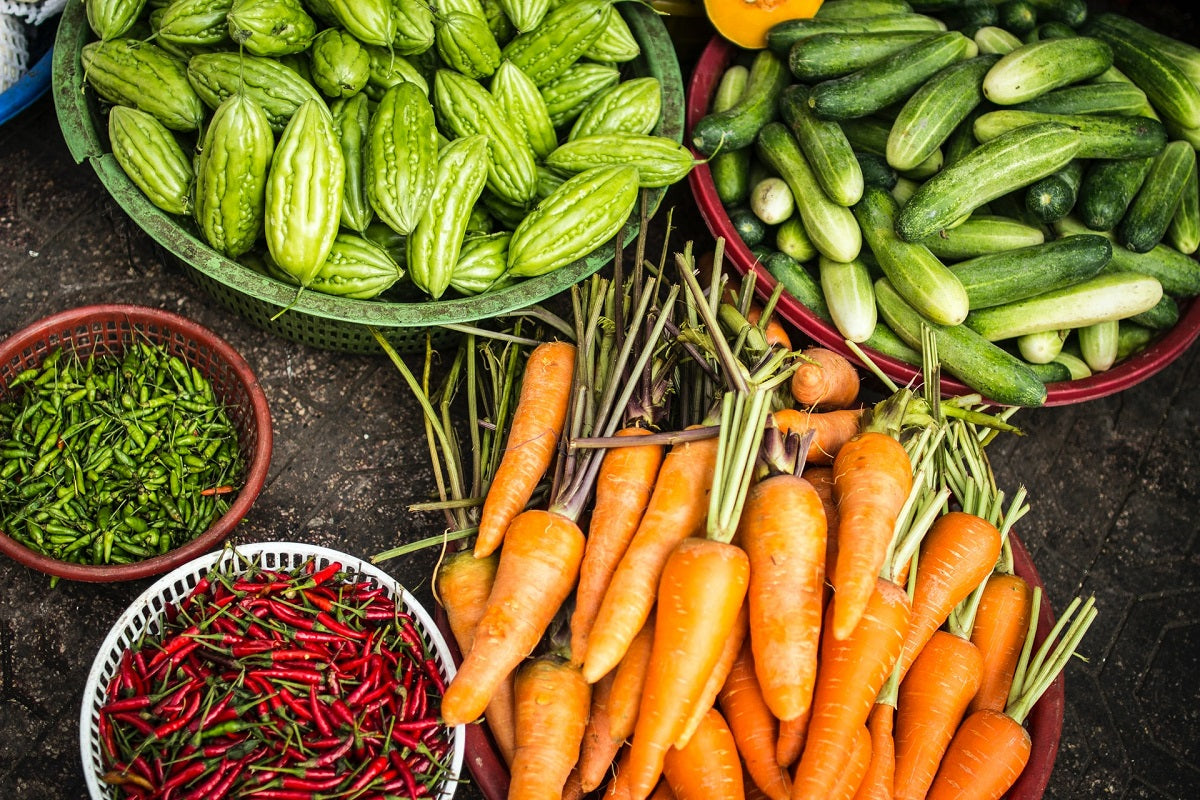As the new year kicks off, you’re ready to get your body in the best shape possible. There are so many diets out there, though, it can make it impossible to pick the right one for you. Not all body types are the same, and not all react to changes in food intake adjustments identically.
How do you know what you need to do to get the best diet for that lean, mean, fit body you’ve been aching to achieve? Take a look at the difference between low-calorie diets and high-protein diet options to determine which is the healthier route to take.
It’s Not Just Counting Calories
You’ve been told by every person you’ve spoken to that lowering your calorie intake is the best way to shed pounds. While, in theory, it works, it’s not always the healthiest option. If you’re overweight, reducing the number of calories you consume each day will, without a doubt, help you shed pounds.
The Food and Drug Administration recommends daily intake levels, and that’s an excellent way to get started on making sure you’re in the right range. You have to consider your age, gender, height, and weight to get a specific caloric count.
After you determine your specific calorie recommendation, you can take it and subtract 500-1,000 calories per day, and you’ll lose a pound a week. It’s effective, but it’s not necessarily safe. The problem with counting calories to lose weight is the fact that you’re not only losing fat. You’re also destroying the muscles you want that give you an athletic physic that’s so appealing.
Instead of looking like a supermodel or professional football player, you’re going to look more like someone that’s on the verge of starvation. Not only is it unhealthy, but it’s not very attractive.
Why High-Protein Diets Are More Productive
What do you think of when you hear the word protein? Is it Popeye? Big bulging muscles? Or do you think of a big juicy steak? In any case, protein is the nutrient that is vital for building muscle mass. It’s in various sources from animal products like chicken, beef, turkey, and fish, and it’s also found in legumes and nuts.
Studies show that high-protein diets are more powerful than low-calorie diets for many reasons, besides the fact that you don’t lose your muscle mass when utilizing this weight loss technique. For starters, consuming higher levels of protein automatically makes you feel fuller. What does that mean? You’re consuming fewer calories without even thinking about it.
That’s just the beginning of the benefits that come from eating a higher protein diet. You can also expect to experience situations such as:
- Stronger, healthier bones
- Fewer cravings and less snacking
- Increased metabolism for faster fat burning
- Blood pressure lowers
- Ability to maintain a healthier weight
- Reduces risk for kidney disease
Consuming the necessary amount of protein in a day as advised by health professionals is good. Incorporating a high-protein diet in your life helps you in so many other ways, including keeping you stronger as you grow older and quickening your natural healing processes.

High-Protein Diets – How Much Protein Do You Need?
So it’s pretty apparent that a high-protein diet is a way to go, but how do you know if you’re within range to consider what you’re ingesting to be “high-protein?” Again, the amount of protein you have to eat will depend on your total caloric intake.
For those that follow 2,000 calories a day diets, you’ll need 125 grams of protein a day. The calculation for a high-protein diet is 25 of your daily intake or 0.6 to 0.8 grams of protein per pound of body weight.
Making the Switch
Before you starve yourself with a low-calorie diet, do the math and see how much protein you can eat in a day to fill you up and provide you with a plethora of health benefits. The pounds will soon be falling off, and you’ll feel more energetic, happier, and ready to hit the gym.
